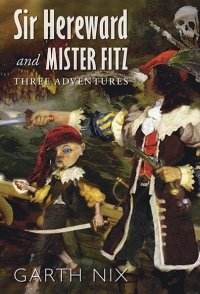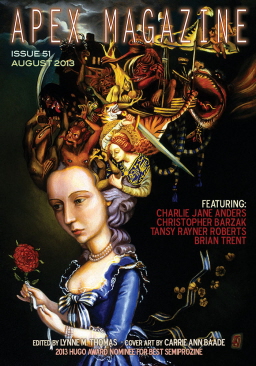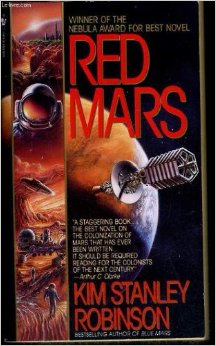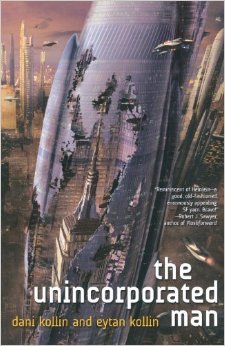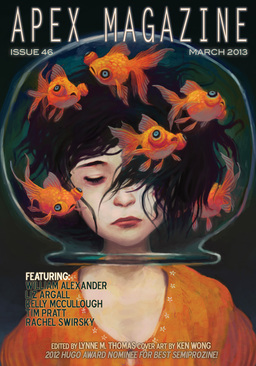Basic Dungeons and Dragons is Still Kicking: An Interview with Module Writer Geoff Gander
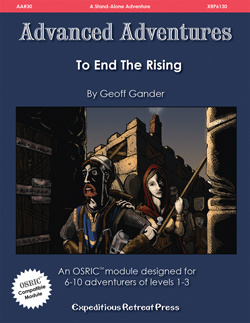 Geoff Gander is a dark fantasy writer and D&D module-creator living in Ottawa, Canada. Geoff and I met over early morning coffee to talk gaming.
Geoff Gander is a dark fantasy writer and D&D module-creator living in Ottawa, Canada. Geoff and I met over early morning coffee to talk gaming.
Derek: So, you write Basic D&D modules. You’ve had 2 modules printed by Expeditious Retreat Press. Even when I was a small town teenager, I could still get my hands on a variety of role playing games, especially AD&D, making Basic seem like yesterday’s news. Now, twenty-five years later, people are paying you money to write modules for Basic. Where’s that market coming from?
Geoff: We’re seeing the rise of old school gaming in classic pen-and-paper RPGs as well as computers. Many old schoolers who played D&D and similar games in the 80s are now introducing the games to their children, or they may have followed the general flow of gaming culture towards the latest products on the market, and have grown nostalgic for what got them into the hobby in the first place.
There are also people like me, who grew dissatisfied with the quality of mainstream gaming products and stayed with the systems they enjoyed, long after they went out of print.
